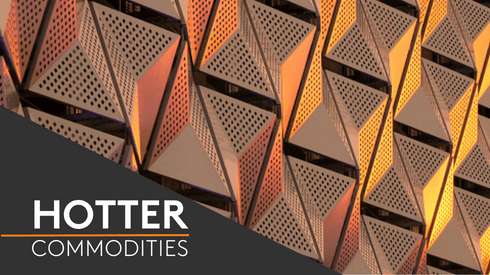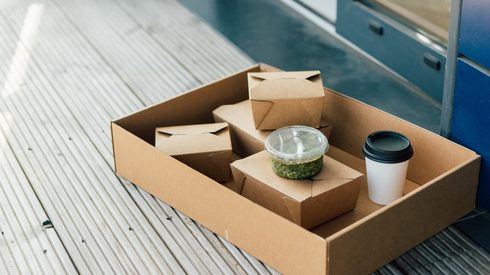The World Trade Organisation (WTO)’s dispute settlement body (DSB) has agreed to Indonesia’s request to establish a panel to review countervailing duties imposed by the European Union (EU) on biodiesel imports from Indonesia, the WTO said on Monday.
Indonesia had submitted a second request for the establishment of a panel to determine whether countervailing duties imposed by the EU on biodiesel imports from Indonesia were in line with WTO rules.
This was after Indonesia’s first request for a panel was not accepted by the EU, with the bloc’s representatives saying at the DSB meeting on October 26 that it was ‘not ready to accept the establishment of a panel and that it firmly believes the measures taken are fully justified and confident they were in line with WTO law.’
Indonesia had in August requested WTO dispute consultations with the EU regarding the bloc’s imposition of duties on biodiesel imports from the country and moved to request the establishment of a panel after the consultation failed to reach an agreement.
The EU had in 2019 imposed countervailing duties of between 8-18% for Indonesian biodiesel imports, with the measure expected to remain in place to December 2024.
Indonesia seeks to reverse the palm oil export trend to the EU
Indonesian biodiesel is largely palm oil-based, and the EU is Indonesia’s third largest destination market for palm oil products, though that market share has been shrinking with the bloc looking to reduce its imports of palm oil products due to links with deforestation.
Following the imposition in 2019, biodiesel exports to the EU from Indonesia had fallen by 95.4% to around 23,000 tonne, according to data from the country’s statistics agency, while overall biodiesel exports fell by 97% to around 34,000 tonne.
Overall biodiesel exports out of Indonesia, however, have increased year on year in the last three years, with exports in 2022 hitting around 436,000 tonne from 181,000 tonne.
This is also in line with Indonesia’s production capacity expansion, which is estimated to exceed 14.8 million kilo tonnes (17 million kilolitres) in 2023.
This is also in spite of Indonesia’s domestic biodiesel programme expansion, which was raised from B30 to B35 earlier this year, where 35% of palm-based biodiesel is blended with 65% of gasoil.
For the DSB panel, the WTO said that The United States, the United Kingdom, Norway, the Russian Federation, Thailand, Singapore, Japan, Canada, China, Argentina and Turkey reserved their third party rights to participate in the panel proceedings.
View our biofuel feedstock prices







